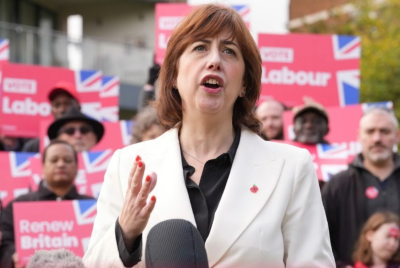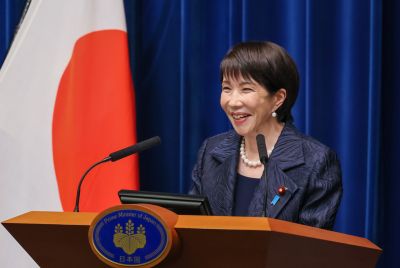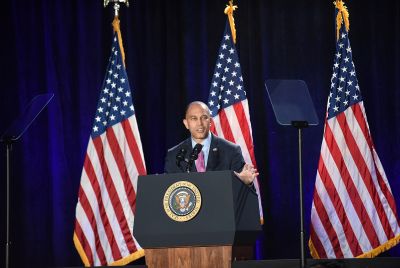Scotland: A Nation Ready to Take Place on World Stage [BLOG]
With Scottish independence referendum approaching, is Scotland ready to define its core values?

An independent Scotland is not an end in itself. Rather, it offers us an opportunity to build the kind of country we all want to see - an outward-looking, prosperous and successful nation that reflects the values of fairness, enterprise and opportunity.
Next year's referendum will allow the people of Scotland to seize that opportunity.
The Electoral Commission has called on both sides of the independence debate to provide more information to the people of Scotland and work together to discuss what will happen in the wake of the referendum.
The Scottish government has done just that. Our transition paper provides the people of Scotland with a clear roadmap as to how Scotland would make the journey from a devolved system of government with the levers of power retained at Westminster to a nation in which the powers of our national parliament are complete and in which the people are sovereign.
The negotiations that led to the historic Edinburgh Agreement were conducted fairly, with respect and in the spirit of co-operation necessary to do the best by the people of Scotland and the rest of the UK.
Now is the time for the UK government to step up to the mark.
There is no reason that talks on the process required to make Scotland an independent country - if the people of Scotland make that choice - cannot begin now and be conducted in the same constructive and co-operative manner that would lead to a smooth transition.
That is why the deputy first minister has written to the UK government again urging them to agree to such discussions as soon as possible.
The process of how we would become independent is important. But what really matters is the "why" of independence. The powers of independence are the tools we need to build the country we want to be.
Short-term effects of recession
The challenges we face as a country today are real - and they are not just short-term effects of the recession or global problems shared by all other countries.
The poverty and inequality that is a scar on the face of our nation, the lag in economic growth, the flow of our brightest and best out of Scotland - these are not recent problems. These are long-standing and long-term challenges that UK governments of whatever colour have failed to address.
The UK today is the fourth most unequal society in the developed world. One in five Scottish children live in poverty. Eight hundred thousand Scots live in fuel poverty.
Over the past 50 years, Scotland's average economic growth rate has been 40 percent lower than equivalent independent countries.
Recently, the Economist Intelligence Unit published its "Where to be born" index which looks at a range of quality-of-life measures. The UK ranked 27th. But four out of the top five countries - Switzerland, Norway, Sweden and Denmark - are countries with many similarities to Scotland.
What do these other small countries have that we don't? It's not resources, talent or the determination of our people. What they do have is the independence to take decisions that are right for them.
The example of these other countries should tell us that the challenges we face today are not inevitable. The problems can be solved - but only if we equip ourselves with the powers we need to solve them.
So the debate we will have ahead of the referendum must be a debate about the most effective way to achieve the economic growth and the social justice that the Scottish people want. It is, in many ways, our version of the same question being asked across all mature Western democracies: how to build a thriving but sustainable economy that benefits the many, not the few.
A different approach
Independence will mean Scotland being able to take a different approach, developing polices which are determined by the people of Scotland and which reflect our values.
We will be an outward-looking nation, open, fair and tolerant, contributing to peace, justice and equality - while continuing the strong social union which will always connect Scotland to the rest of the United Kingdom.
Scotland is already a country that observes international law; respects and promotes human rights, democratic values, equality and good governance - and as an independent nation we will build on that reputation. These values would make us a good global citizen, participating in international organisations for the benefit of the global community.
They would also guide us in the choices we make - the choice not to get involved in illegal wars, the choice to tackle climate change, the choice to tackle poverty at home and across the globe.
Independence is the natural state of affairs for countries across the world. Now is the time to step back and ask "What are our values, what kind of country do we want to be?" and allow our vision of Scotland's role in the world to flow from that vision. That seems to me to be an exciting opportunity.
Humza Yousaf (@HumzaYousaf) is the Scottish National party MSP for Glasgow and Scottish Minister for External Affairs and International Development. His website is http://www.humzayousaf.org/
© Copyright IBTimes 2025. All rights reserved.





















